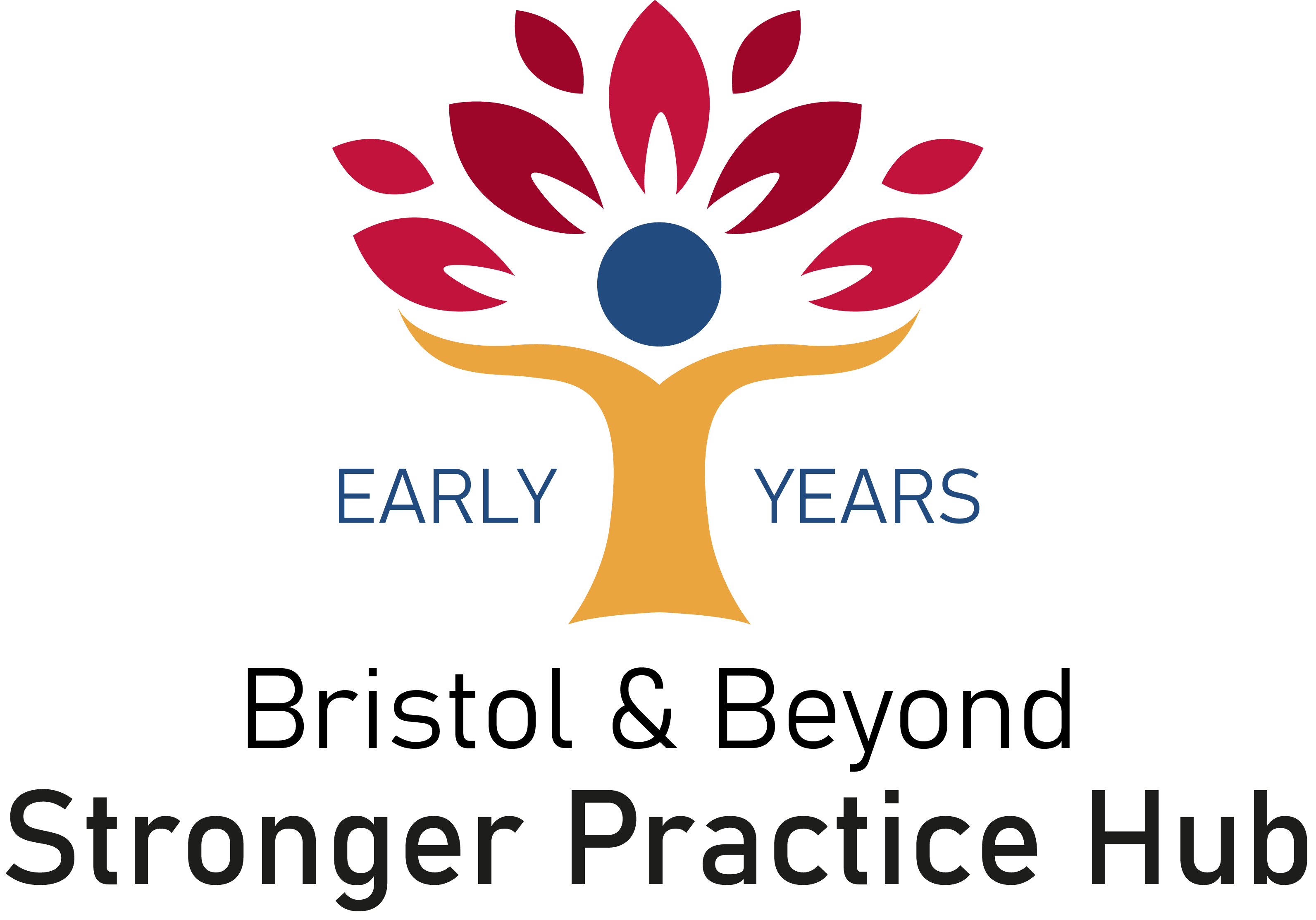From my time as a practitioner and manager, I was really interested in the emotional life of Early Years settings. As a researcher I have kept this as an area of interest. I have discovered it’s complex, layered, and full of interactions that make it uniquely challenging. At the heart of this emotional environment are three key elements: the child, the adult, and the environment. These elements overlap and interact in ways that shape every connection and moment in the day.
Why does this matter?
As a practitioner, I remember the demands on staff only too well. Now, as a researcher, I am keen to explore how we can support our most vital asset, the staff.
This is important for the staff themselves, the settings and for our children’s development.
Research tells us children thrive on warm, responsive, and authentic relationships with the adults around them. These connections help build secure foundations for their growth and learning. Furthermore, if practitioners are able to look after their own emotional wellbeing, they are better able and equipped to respond and co-regulate the children in their care.
Self-regulation and executive functioning are now recognised as essential for children’s development, mental health and wellbeing. The EEF Evidence Store has many evidence-based approaches to support children’s self-regulation. It also recognizes that children begin to develop their self-regulation, in part, through close support and co–regulation from the adults around them. In the EEF’s guidance, Supporting Children’s Mental Health and Wellbeing, it suggests what educators can do to develop a secure and supportive climate and how educators can support children in caring for their bodies and minds.
The Current Climate
Around 280,000 people work in the sector, mostly women, often putting in long hours for less pay than other similar professions. Many are passionate about what they do, but the job is far from easy. It can be stressful, demanding, and emotionally draining. With all that pressure, prioritising staff wellbeing is a must. Ideally, any job should support wellbeing, boost self-esteem, and foster strong connections. But in Early Years, there’s an extra challenge: emotional labour. Emotional labour often means “surface acting,” where staff mask their feelings to stay professional and positive. While this might seem harmless, it can take a toll—burnout, stress, and even depression aren’t uncommon. And when stress levels get too high, it can impact everything from social skills to anxiety levels, not just for staff but for children too.
Building Mental Health Literacy
Mental health literacy is about understanding how to maintain good mental health while recognising and addressing the not-so-great moments. Without it, people can fall into self-criticism, unkind thoughts, or avoid seeking help. When wellbeing is prioritised, it’s a win-win for everyone. Staff take fewer sick days, are less likely to leave their jobs, and build stronger, more positive relationships with the children they care for. Plus, with better support, staff can handle the emotional demands of the job, building resilience and self-compassion along the way.
So, I embarked on a research project to examine emotional wellbeing and the use of self-care strategies to help reduce stress, enhance job satisfaction and promote holistic wellness in an Early Years setting. Working with Caren Egan, Nursery Manager at Bridgwater and Taunton College Childcare Centre, who was keen to participate in research that might boost moral and support wellbeing.
Go to the Bristol & Beyond SPH website to read about Louise's project, how successful it was and what they learnt.
Bio: Louise Hannan is a Lecturer and current PhD student. For the last 8 years she has been teaching on the Early Childhood Education and Care degree at University Centre Somerset. Previous to this she was an Early Years practitioner, team leader and manager in Children Centres working in and around the Bristol area.

